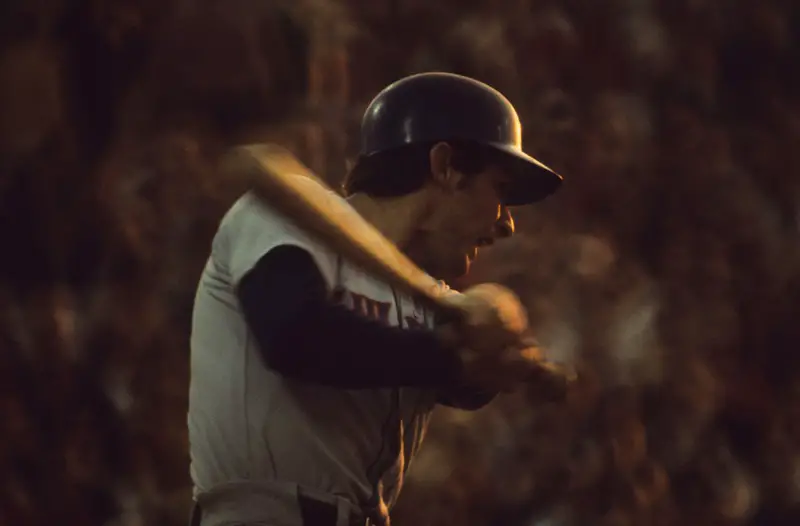Bud Harrelson, a respected figure in the New York Mets’ history, died on Thursday in East Northport, New York at the age of 79, following a prolonged battle with Alzheimer’s disease.
Harrelson, born Derrell McKinley Harrelson, became a key part of the Mets’ legacy through his distinct roles as a player, coach, and manager.
His association with the Mets started in 1963, shortly after his 19th birthday, and it marked the beginning of a remarkable career. By late 1965, he debuted as a shortstop and secured the starting position by 1967, which he held for 11 seasons. Harrelson was a key member of the 1969 “Miracle Mets” World Series-winning team and the 1973 team that clinched the National League pennant.
Harrelson was recognized for his defensive skills as a player, winning a Gold Glove in 1971 and making it to two All-Star Games.
Beyond his on-field contributions, Harrelson played a significant role off the field. Post his playing career, he joined the Mets’ coaching staff in 1982 and later from 1985 to 1990. He assumed the manager’s role during the 1990 season and continued until 1991. His dedication to the team was honored with his induction into the Mets Hall of Fame in 1986.
Harrelson was widely admired by teammates and colleagues for his passion and dedication to baseball and the Mets organization. Art Shamsky, a former teammate, recognized him as a New York Mets icon for his contributions across several team roles. Howie Rose, the Mets’ long-time broadcaster, highlighted Harrelson’s love for the Mets and his enthusiasm for the game. Rose also underscored Harrelson’s popularity and respect in the baseball community.
During the 1973 season, Harrelson’s importance to the Mets was evident when his absence due to injury coincided with the team’s difficulties. His return to the lineup sparked a significant turnaround, catapulting the Mets from the bottom to the top in the final weeks of the season. It was during Game 3 of the 1973 National League Championship Series that Harrelson was engaged in a notable altercation with Pete Rose. Despite the controversy, the incident showcased Harrelson’s competitive nature and became a key moment in Mets’ history.
In the 1986 World Series, Harrelson served as the third-base coach for the victorious team. This achievement made him the only individual to be in uniform for both of the Mets’ World Series victories.
Harrelson’s contributions to baseball extended beyond the New York Mets. He later played for the Philadelphia Phillies and Texas Rangers, and managed Pete Rose’s son with the Long Island Ducks. The infamous altercation with Rose evolved into a friendship and mutual respect, further demonstrating Harrelson’s sportsmanship.
Mets fans held Harrelson in high regard. He was admired for his tenacity and fighting spirit. His unique approach to the game resonated with fans, making him one of the most respected figures in Mets history.











